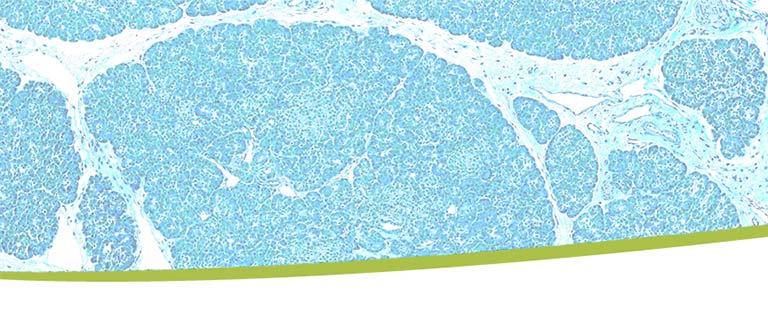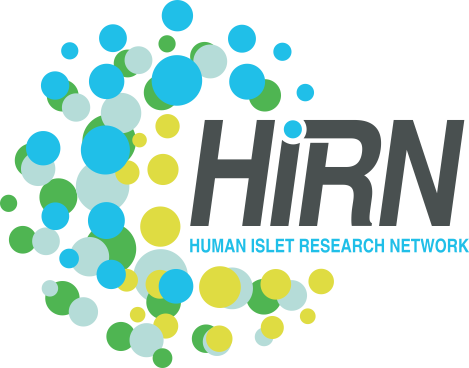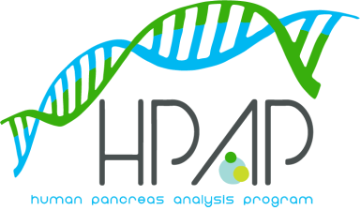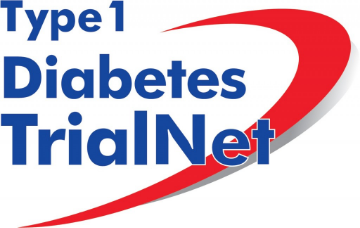

We Support You
There are many aspects to type 1 diabetes (T1D) and because there is little known about the disease process and its causes, there is a significant need to pursue T1D research. nPOD interacts and supports these research organizations, all of which aim to develop a better understanding of the disease.
University of Florida Diabetes Institute
The University of Florida Diabetes Institute serves as the umbrella organization under which diabetes education, research, prevention, and treatment are coordinated at UF and the Academic Health Science Center. More than 100 UF faculty members with the Institute are working to prevent, diagnose, and treat diabetes in the areas of genetics, endocrinology, epidemiology, patient and physician education, health outcomes and policy, behavioral science, rural medicine and more. Ongoing T1D studies in the UFDI can be found here.
Human Islet Research Network
HIRN, or ‘Human Islet Research Network,’ was founded in 2014 to help organize and support collaborative research related to the loss of functional beta cell mass in type 1 diabetes. The project consists of four independent research initiatives (consortia) as well as an Administrative Hub consisting of the Program Staff at the NIH NIDDK, a Coordinating Center and Bioinformatic Center.
Human Pancreas Analysis Program (HPAP)
Human Pancreas Analysis Program (HPAP) is performing deep phenotyping of the human endocrine pancreas and its interaction with the immune system, to better understand the cellular and molecular events that precede and lead to the beta cell loss in Type-1 Diabetes (T1D). The National Institute of Diabetes, Digestive, and Kidney Diseases (NIDDK) supports HPAP through multiple NIH grants.
T1D Exchange
T1D Exchange is a comprehensive platform that brings together type 1 diabetes researchers, clinicians, and patients to ultimately improve lives for those living with T1D. T1D Exchange is a nonprofit, research organization dedicated to accelerating therapies and improving care for people living with type 1 diabetes. Since 2012, The T1D Exchange biobank has collected and stored samples from 2,200 unique participants with T1D. Investigators can now browse and request available biospecimens and associated data via a web-based portal.
Type 1 Diabetes TrialNet
Type 1 Diabetes TrialNet is an international network of researchers who are exploring ways to prevent, delay and reverse the progression of type 1 diabetes. TrialNet is conducting clinical trials with researchers from 18 Clinical Centers in the United States, Canada, Finland, United Kingdom, Italy, Germany, Australia, and New Zealand. In addition, more than 150 medical centers and physician offices are participating in the TrialNet network. Studies are available for people newly diagnosed with type 1 diabetes, as well as for relatives of people with type 1 diabetes who are at greater risk of developing the disease.
The TEDDY Study
The TEDDY Study – The Environmental Determinants of Diabetes in the Young – is looking for the causes of type 1 diabetes. Research shows that children who get diabetes have certain kinds of genes. Other children who have these genes are at higher risk for getting diabetes. However, not all children who are at higher risk get diabetes. TEDDY researchers believe that something happens to “trigger” or cause a child with higher risk genes to actually get diabetes. TEDDY aims to find out what the triggers are that cause children to get diabetes.
thesugarscience
thesugarscience is a digital platform promoting scientific discussion as it pertains to T1D by encouraging scientists to speak both broadly and specifically about their work to share a weekly newsletter with an audience of 7k+ scientists, clinicians, and trainees and encourage trainees to further explore this approach and T1D research at large. They also motivate interdisciplinary scientists to think about T1D research from their perspectives, pique the interest of T1D industry scientists with novel or excellent approaches, spark global collaborations among scientists to accelerate T1D research, and build new T1D data repositories by connection the right scientists.
Organ and Tissue Donation Research
There are many aspects to type 1 diabetes (T1D) and because there is little known about the disease process and its causes, there is a significant need to pursue T1D research. nPOD interacts and supports these research organizations, all of which aim to develop a better understanding of the disease.
Joslin Diabetes Center
Joslin Diabetes Center is home to world-renowned scientists and researchers who are pushing to understand what causes diabetes — and to develop a cure for it. Through clinical research in epidemiology, physiology, pathophysiology, health services, education, outcomes, and mental health, as well as an array of clinical trials, we are making great improvements in diabetes care.







